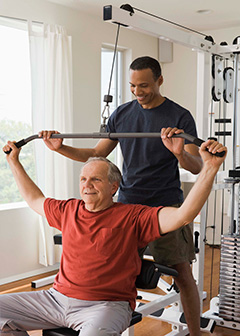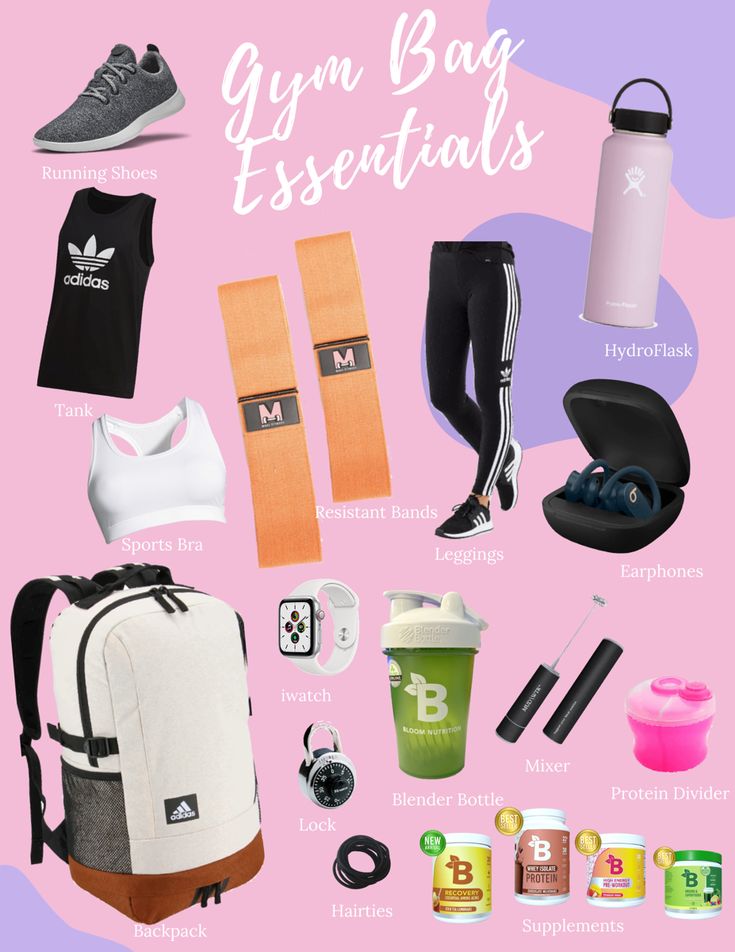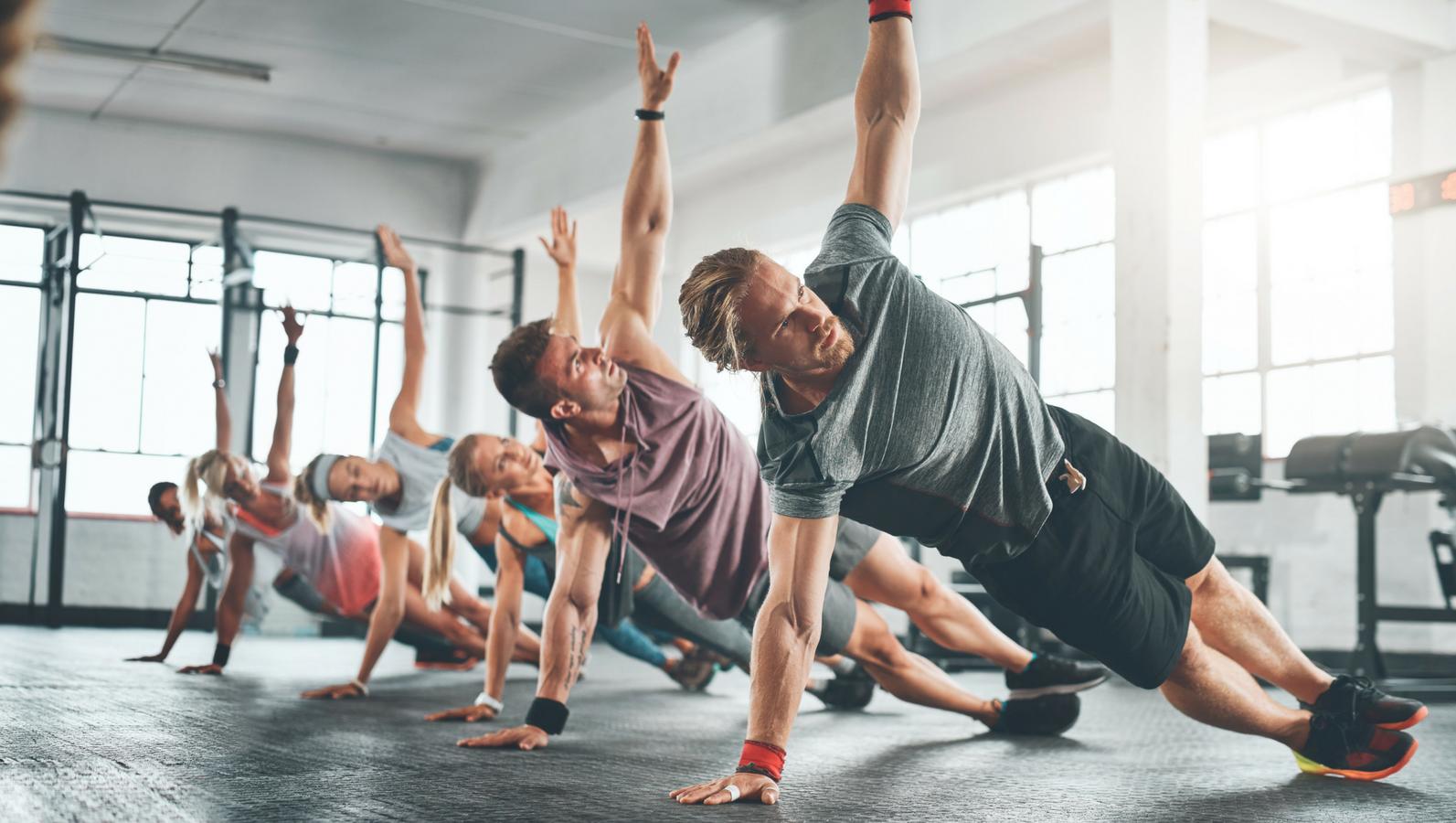
A variety of jobs are available in Hawaii as personal trainers. These include helping clients to become healthier and helping them recover from injuries. You might also find work at a resort, helping both tourists and locals. You may be able even to work remotely. This will allow you the opportunity to make the most your work-from-home life.
Personal trainers in Hawaii earn an average salary
It can be very rewarding to work as a Hawaii personal training coach. However, certifications and training are essential. There are several accredited colleges and universities in Hawaii where you can earn a degree in fitness training. Programs can range in length from two to four years and include coursework in physiology, nutrition, kinesiology, and fitness theory.
A degree in a related field is required in order to become a Hawaii personal trainer. You also need to have CPR and AED certifications. This type of job has many possibilities in Hawaii, including one branch of the 24-hour Fitness chain. There are 14 highly experienced personal trainers employed at the Honolulu Club, a large gym. Personal trainers in Hawaii can work with tourists and locals alike.

Hawaii is a beautiful, healthy place to work. A career as a personal coach can be a lucrative one. The average salary of a Hawaii personal coach is $65,550 as of May 27, 2020. The salary you receive will depend on where you live, what certifications you have, and how many years of experience.
Training required to be a personal trainer in Hawaii
Hawaii has many universities and colleges that offer personal training degrees. Students can earn their degree either in a traditional classroom setting or online via blended learning programs. Hawaii personal trainer certification programs will include a variety of courses, including physiology, kinesiology, and exercise science.
Hawaii is home to a low rate of obesity among adults, and many individuals who live here are seeking out personal trainers to help them reach their fitness goals. A personal trainer will assist their clients in improving their health through targeted exercise and nutritional advice. A personal trainer can also help individuals with physical limitations like injuries to improve their fitness.
Personal trainers in Hawaii are among the most highly paid in the country. As of May 27, 2021, Hawaii's personal trainers made an average salary of $65,550. The pay range varies depending on education level and certifications as well as years of experience and where you live.

Hawaii Personal Trainers: There are many job opportunities
Hawaii's personal trainers are highly sought-after. They can make a great career and earn a good salary. According to Bureau of Labor Statistics, personal training in nonmetropolitan communities earned the fifth highest national average pay in 2013. Personal trainers are an option in Hawaii, which has a high level of physical activity and active lifestyle.
There are many colleges and universities that offer training in this subject. The University of Hawaii at Manoa offers the Bachelor of Science degree in Kinesiology Rehabilitation Science. Brigham Young University also offers a Bachelor of Science degree in Exercise and Sports Science. Both schools offer intensive courses that cover exercise science, psychology, sports physiology, and other subjects.
Personal trainers work in gyms and fitness centres. They work with clients to improve their overall health, fitness, and well-being through custom exercise programs or training programs. A personal trainer can help you lose weight in Hawaii by giving advice about the best diet and nutrition.
FAQ
What Are Resistance Training Exercises?
Resistance training includes using weights and other objects to perform specific movements. For example, lifting weights strengthens your arms, shoulders, chest, back, legs, and core. Resistance training builds muscle mass, increases bone density, and promotes greater overall strength.
What happens if my sleep is not enough?
Insufficient sleep can cause your brain to not receive the signals necessary for hormone regulation and other chemicals involved in controlling appetite and metabolism. As a result, you may overeat and gain weight. Sleep deprivation can also lead to excessive weight gain.
What is Nutrition Good for?
By providing all the nutrients necessary for growth and development, nutrition helps your body function well. You can ensure adequate nutrition by eating a balanced diet rich in fruits and vegetables, lean meats, whole grains, and healthy oils.
How important is good nutrition?
Our health and well-being depends on our nutrition. A healthy diet includes fruits, vegetables, whole grains, lean protein, and dairy. Good nutrition is key to good overall health.
Can I exercise after eating?
It depends on the exercise you do. Avoid strenuous exercise after meals as it can cause stomach cramps. Instead, focus on light aerobic activities like brisk walking or biking.
Is it safe to exercise in cold weather?
When possible, exercise outdoors. You can exercise outside regardless of the weather. Other factors include visibility, humidity, precipitation and wind speed. Wear layers of clothing to keep you dry from rain and windchill when you exercise outside in inclement conditions.
Why is it important to get enough sleeping?
Sleep is essential for maintaining a healthy lifestyle. Sleep is essential for your body to recover from daily stressors and repair itself. You can function at your best throughout the day if you get enough sleep each night.
Statistics
- Physical activity confers the following maternal and fetal health benefits: a decreased risk of pre-eclampsia, gestational hypertension, gestational diabetes (for example, 30% reduction in risk) (who.int)
- One study showed that adults who watch more than 4 hours of television daily had an 80% higher risk of death from cardiovascular disease. (heart.org)
- In 2018, the World Health Assembly agreed on a global target to reduce physical inactivity by 15% by 2030 and align with the Sustainable Development Goals. (who.int)
- Adolescent girls were less active than adolescent boys, with 85% vs. 78% not meeting WHO recommendations of at least 60 minutes of moderate to vigorous intensity physical activity per day. (who.int)
External Links
How To
How to Burn Belly Fats Faster
Belly Fat is usually seen as a problem when we want to lose weight. But if you think about it, Belly Fat is actually a good thing. Your organs are protected by the fat around your stomach. Let's find out how to lose belly fat quickly.
Stress and inactivity are two of the major factors that cause us to store body fat. Stress makes us feel hungry constantly because it stimulates the production of the cortisol hormone. Cortisol levels are increased by insulin. Insulin then stores excess calories as fat. Lack of sleep causes the release of adrenaline into our system, leading to increased appetite. Exercise helps to break down these extra calories.
There are many ways you can reduce belly fat. Depending on your budget, you can try each one. Here are some tips to help you get rid of belly fat quickly.
-
Reduce your food intake. You should eat smaller meals throughout the day than you would if you ate three big meals. You will eat less calories in general.
-
Get plenty of water. Water flushes out toxins, and keeps your body hydrated. You won't overeat if you drink water before you eat.
-
Avoid snack foods that are unhealthy. If you're looking for quick fixes, snack foods like chips, cookies, candies, etc. It might sound tempting. These fattening treats are best avoided as they have too many empty calories and sugar. Instead, choose healthy alternatives like fruits, veggies, nuts, seeds, and whole grains.
-
Do strength training exercises at least three times per week. Strength training builds muscle mass which burns more calories even while resting. Strength training strengthens bones, muscles and ligaments. It can also improve the heart, lungs, joints, and other body systems.
-
Stretching and walking are good habits. Stretching helps to improve flexibility and mobility, which reduces back pain. Walking can help you burn calories.
-
Reduce alcohol intake. You should cut down on alcohol consumption. It adds no nutritional value to your diet.
-
Slowly lose weight. Your current weight is the first step to losing weight. Next, calculate your ideal weight by adding between 5% and 10% to your total body weight. Once you have determined your ideal weight, you can start to reduce your calorie intake by 500-1000 calories per day until you reach it.
-
Avoid processed foods. These foods are high in salt, sugar, preservatives, and other harmful ingredients. These processed foods are often convenient, but they lack enough nutrients for good health.
-
Don't skip breakfast! Consuming breakfast increases concentration, memory and energy levels. Breakfast should contain protein (like eggs), fibre (like oats), as well as complex carbohydrates (like oatmeal).
-
Have regular bowel movements. Bloating and gas can be caused by irregular bowel movements and constipation. To prevent this, drink plenty of water and increase fiber intake.